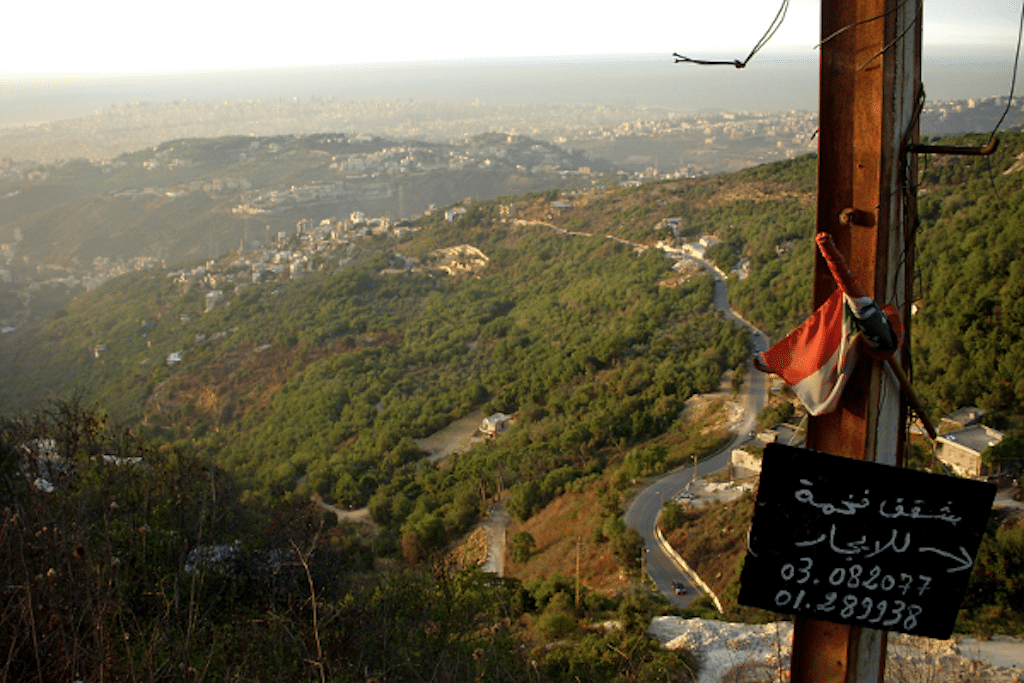Syrian conflict inflicts slow death on Lebanon's tourism industry

Skift Take
Considering Beirut, Lebanon's last 30 years of civil war, it's remarkable that throughout the entire Arab Spring the city has not broken into open warfare. If the biggest loss is a drop in tourism, it's a lucky season.
Bassam al-Habr recalls the days when his 420-seat restaurant in Lebanon’s Aley mountain resort town was so crowded he had to turn away diners.
That was before the two-year uprising against Syrian President Bashar al-Assad got lengthier, bloodier and spilled over into neighboring countries. Business has slumped, with income down another 60 percent this year, al-Habr, who runs the Al-Koukh eatery, said this week.
“This is the worst in the five years the restaurant has been open,” said the 44-year-old manager, gesturing toward the sidewalk and empty tables. “We haven’t seen anything that would indicate that things are going to get better.”
Tourism in Lebanon, the Arab world’s commercial center and a playground for Gulf nationals and high rollers before a 15- year civil war started in 1975, has been turbulent at the best of times with bombings, assassinations and clashes with Israel. Yet it accounts for about a fifth of the $40 billion economy and hoteliers say the Syrian conflict is the biggest threat to the industry for more than two decades.
Safir Bhamdoun Hotel’s main glass doors in Bhamdoun, a favorite summer mountain getaway for Kuwaitis, are still locked. The terrace overlooking tree-covered mountain slopes that taper down to a lush valley, is empty.
Tr
